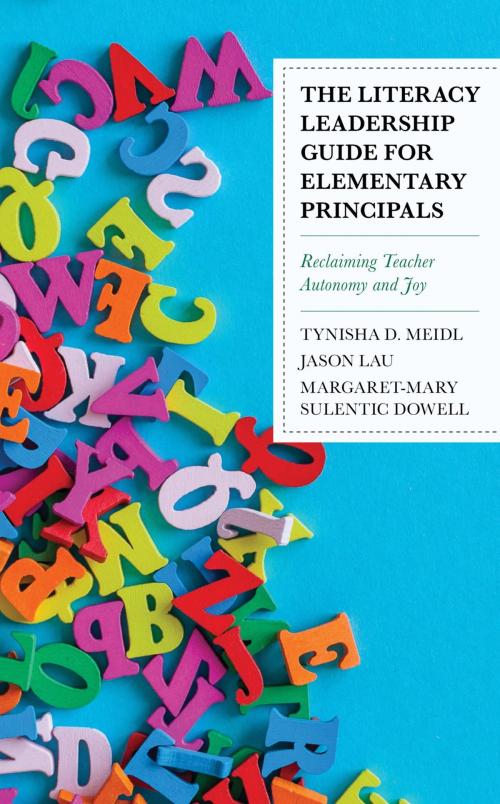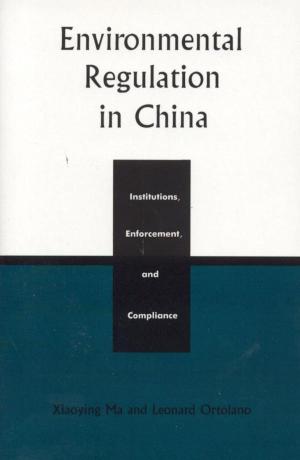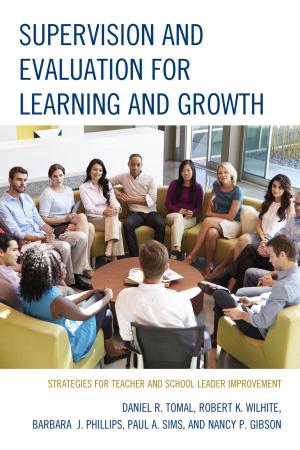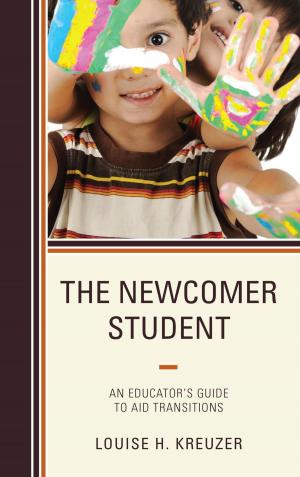The Literacy Leadership Guide for Elementary Principals
Reclaiming Teacher Autonomy and Joy
Nonfiction, Reference & Language, Education & Teaching, Educational Theory, Leadership, Teaching, Teaching Methods| Author: | Tynisha D. Meidl, Jason Lau, Margaret-Mary Sulentic Dowell | ISBN: | 9781475840902 |
| Publisher: | Rowman & Littlefield Publishers | Publication: | October 31, 2018 |
| Imprint: | Rowman & Littlefield Publishers | Language: | English |
| Author: | Tynisha D. Meidl, Jason Lau, Margaret-Mary Sulentic Dowell |
| ISBN: | 9781475840902 |
| Publisher: | Rowman & Littlefield Publishers |
| Publication: | October 31, 2018 |
| Imprint: | Rowman & Littlefield Publishers |
| Language: | English |
For the past decade in the United States, elementary principals have faced increased scrutiny. Student performance regardless of student experiences, district funding practices, or societal factors have been the responsibility of the principal. In a similar fashion, teachers have been ridiculed and scorned. As a result, principals are left trying to create positive school culture, evaluate teacher performance, and guide and support professional development initiatives. In the meantime, teachers in many ways do not see themselves as professionals, do not feel that they have autonomy in their classrooms, and as a result may not have the same joy that they once had.
The goal of this guide is to assist principals and school leaders to cultivate a school culture where the principal is positioned as the literacy leader. This guide will support principals to address, define, and create a literacy culture. Most importantly, provide insight to support principals in their quest to becoming primary individual responsible for bringing joy to teaching and learning as part of building school culture.
For the past decade in the United States, elementary principals have faced increased scrutiny. Student performance regardless of student experiences, district funding practices, or societal factors have been the responsibility of the principal. In a similar fashion, teachers have been ridiculed and scorned. As a result, principals are left trying to create positive school culture, evaluate teacher performance, and guide and support professional development initiatives. In the meantime, teachers in many ways do not see themselves as professionals, do not feel that they have autonomy in their classrooms, and as a result may not have the same joy that they once had.
The goal of this guide is to assist principals and school leaders to cultivate a school culture where the principal is positioned as the literacy leader. This guide will support principals to address, define, and create a literacy culture. Most importantly, provide insight to support principals in their quest to becoming primary individual responsible for bringing joy to teaching and learning as part of building school culture.















